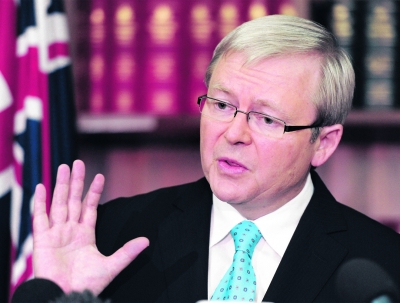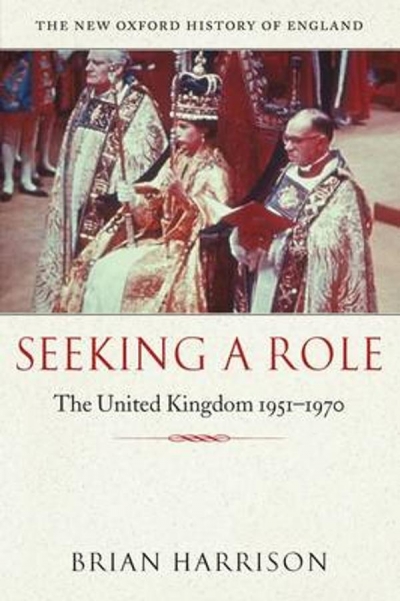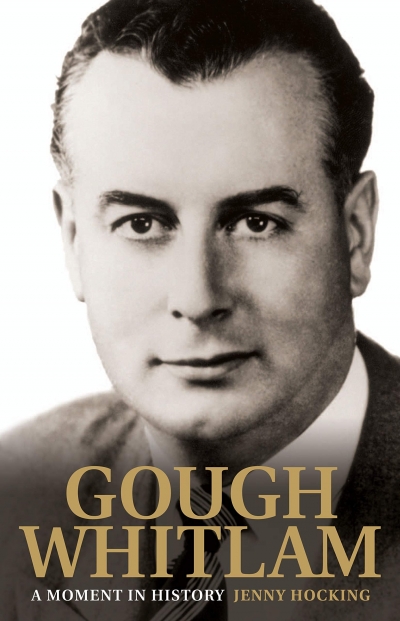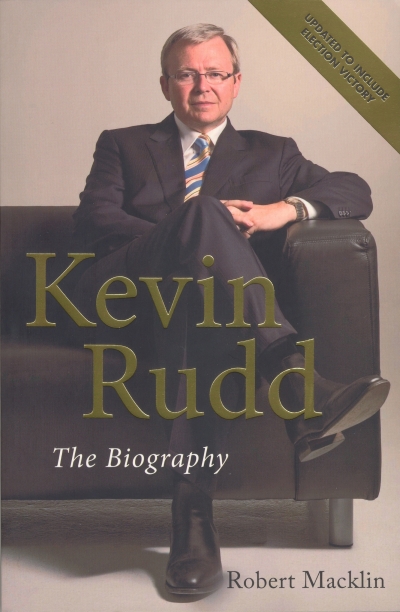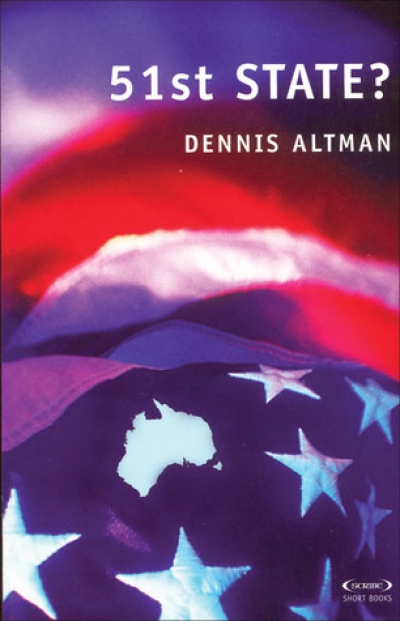Neal Blewett
After Words: The Post-Prime Ministerial Speeches by P.J. Keating
by Neal Blewett •
The political assassination of Kevin Rudd will fascinate for a long time to come. As with Duncan’s murder in Shakespeare’s play it was done, as Lady Macbeth cautioned, under ‘the blanket of the dark’, literally the night of 23–24 June 2010. The assassins heeded Macbeth’s advice: ‘if it were done when ’tis done, then ’twere well it were done quickly.’ And as in Macbeth, the assassins were in the shadow of the throne. Even the old king approved: Bob Hawke, himself deposed in 1991, recognised at last that the removal of a Labor prime minister is sometimes necessary.
... (read more)Malcolm Fraser: The political memoirs by Malcolm Fraser and Margaret Simons
by Neal Blewett •
Seeking A Role: The United Kingdom 1951–1970 by Brian Harrison
by Neal Blewett •
Gough Whitlam: A moment in history (Volume One) by Jenny Hocking
by Neal Blewett •
The Costello Memoirs: The age of prosperity by Peter Costello and Peter Coleman
by Neal Blewett •
The Oxford Companion to Australian Politics edited by Brian Galligan and Winsome Roberts
by Neal Blewett •
Kevin Rudd by Robert Macklin & Kevin Rudd by Nicholas Stuart
by Neal Blewett •


